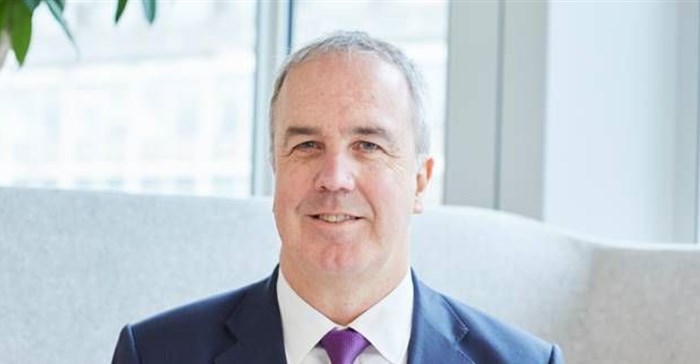
Top stories






More news





ESG & Sustainability
#Sona2026: President announces crisis committee to tackle SA's water challenges









Today, most industries remain reliant on the energy generated by fossil fuels and inflexible grids, both with their own challenges. Fossil fuels are depleting, and they cause damage to the environment both in their use and their harvesting. Inflexible grids built on ageing infrastructure are power-hungry, not optimised for growing demand, and energy is limited to flowing in one direction only. Therefore, hybrid solutions should be sitting at the centre of every energy discussion in Africa.
Hybrid energy can translate the complexities of the current market into seamless energy provision and potentially not only resolve energy limitations but improve access to energy for citizens and organisations on the continent.
It is more than just a tap into renewable resources, it is the most effective way to deliver clean and reliable power to remote areas, off-grid mining, and rural operations in Africa. From small hydro plants to geothermal solutions to solar, onshore wind, and biomass, there are plenty of options for the continent to tap into as it moves from the old reliance on traditional power to new ways of working.
If renewable energy sources are evolving, then the future of energy could very well become decentralised. Access to power from multiple sources could become the new normal rather than the legacy reliance on ageing infrastructure and systems. However, this needs investment in the right infrastructure and technology and a focus on bringing power closer to demand centres without building expensive transmission lines. This requires a splash of innovation into an ocean of renewable potential.
From the solar home system that can maintain a residence with 10-100W power to mini-grids that form distribution systems for localised customers that are isolated from the grid with less than 10MW of power to grids offering power exceeding 10MW that connect multiple power networks to the service industry and urban areas. The mini grids have immense value in delivering power to unserved or underserved areas that would not normally be connected to the grid. This can ignite industry and entrepreneurship as well as transform access to education and improved living conditions. As new normal goes, this is a solid win for any country.
For larger grids, the ability to create solar hybrid systems can shift profit margins significantly as solar power is far more cost-effective than standalone diesel power or expensive transmission lines. It also allows for improved reach and growth into new areas with a more reliable form of power. Hybrid power plants combine the cost-effective benefits of renewable energy and battery storage with the reliability of thermal energy.
A power plant at the Syama gold mine in Mali is just one example where hybrid energy is being used to augment its existing diesel power station. The hybrid plant comprises thermal, solar and battery components, which will ultimately result in a 20% reduction in carbon emission carbon emissions. It is also estimated that the hybrid power plant will deliver cost savings of around two-million euros per month, a 40% reduction from its previous cost of energy.
Last year, we partnered with global gold mining company Gold Fields to install a renewable energy microgrid for the Granny Smith gold mine in Western Australia, which, once fully operational, will reduce the mine’s fuel consumption by 10-13%. The new hybrid power system has been integrated with the existing gas-fired power station.